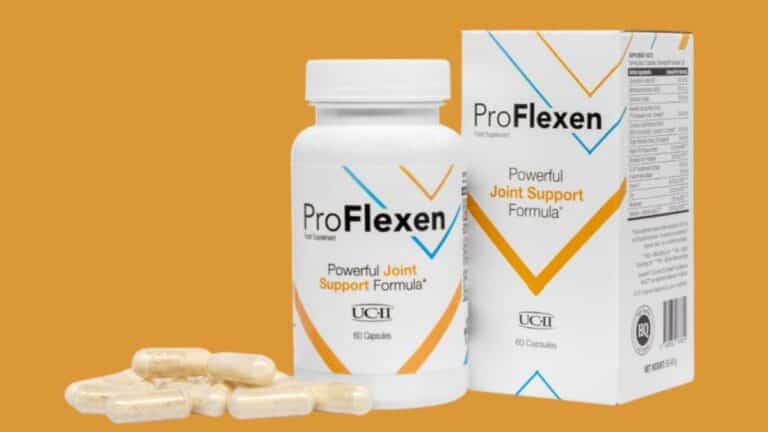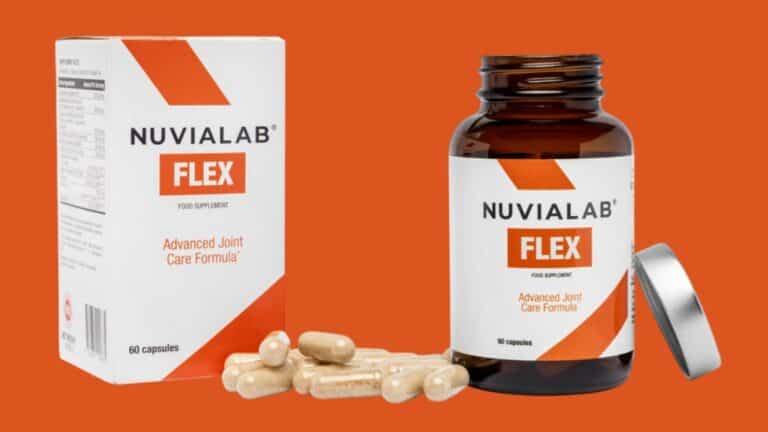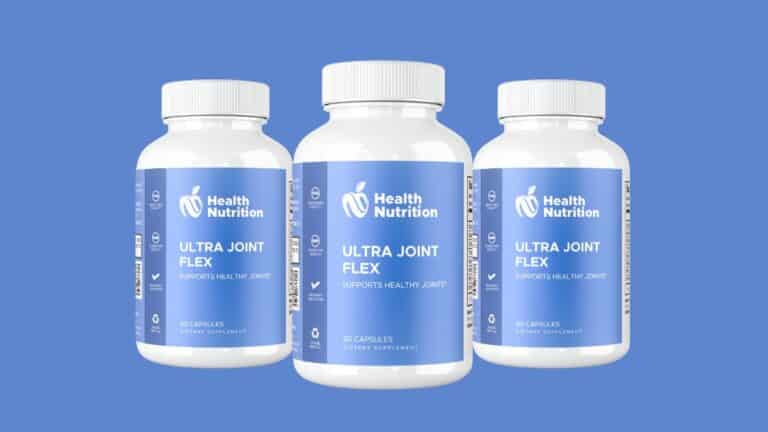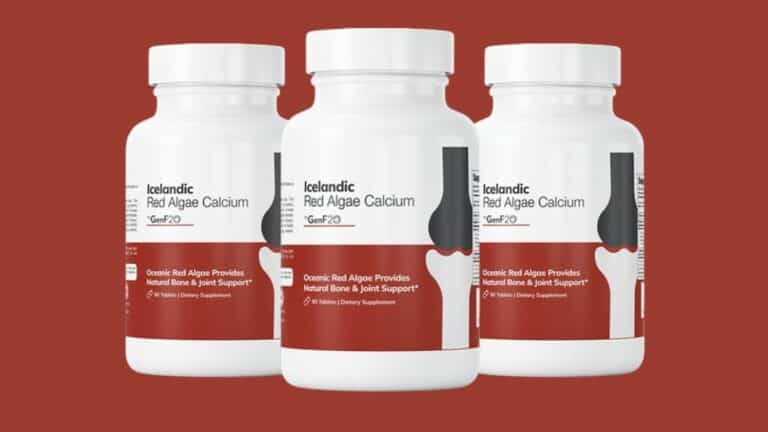Weight loss is a challenging and often confusing journey, filled with misinformation and myths. Achieving and maintaining a healthy weight involves understanding what works and what doesn’t. Here, we will debunk five of the most persistent myths about weight loss to help you navigate your path more effectively.
Myth 1: Calorie Deficit Doesn’t Matter
A calorie deficit is the cornerstone of weight loss. This means burning more calories than you consume. Despite the difficulty in maintaining a long-term calorie deficit due to hunger and cravings, it remains crucial. Foods that are high in fiber and lean protein are more satiating and align with health-promoting dietary guidelines, making it easier to create and sustain a calorie deficit. Although theoretically, you could lose weight by consuming only calorie-dense foods like Oreos, such a diet is neither nutritious nor sustainable. Focusing on fruits, vegetables, lean proteins, and whole grains helps meet nutrient needs and reduce the consumption of ultra-processed foods.
Myth 2: Fasting is Magical for Weight Loss
Intermittent fasting has gained popularity as a weight loss strategy, but it’s not inherently superior to other methods. Fasting can help reduce calorie intake, which is the actual driver of weight loss. The quality of the diet during eating windows is essential; overeating during this period can counteract the benefits of fasting. Additionally, unintentional fasting, such as skipping breakfast due to a busy schedule, can lead to overeating later in the day, which is counterproductive. Studies indicate that the timing of calorie consumption is less important than the total amount consumed.
Myth 3: Keto is the Best Diet for Weight Loss
The ketogenic diet, or keto, emphasizes high fat and low carbohydrate intake to achieve a state of ketosis, where the body burns fat for fuel instead of carbohydrates. While keto can result in short-term weight loss, it is challenging to maintain and comes with potential side effects like dehydration and “keto flu.” Moreover, the exclusion of healthy carbohydrate sources, such as fruits and whole grains, and the increased intake of saturated fats can pose long-term health risks. The primary mechanism behind the keto diet’s initial success is calorie deficit, and its benefits often diminish over time.
Myth 4: Over-the-Counter Weight Loss Supplements are FDA-Approved
Contrary to popular belief, over-the-counter weight loss supplements are not FDA-approved. The FDA regulates dietary supplements as foods, not drugs, and does so only after they are on the market. As a result, the safety and efficacy of these supplements are not guaranteed. Many supplements lack scientific evidence of effectiveness and can be dangerous due to unlisted active drug ingredients. Consulting with a healthcare provider before taking any supplement is crucial to ensure safety and efficacy.
Myth 5: Weight Loss Medications are the Easy Way Out
Weight loss medications, such as GLP-1 drugs like Wegovy and Ozempic, are often misunderstood. These medications are not a quick fix; they are designed to help manage obesity, a serious and chronic condition. They work by decreasing appetite and increasing feelings of fullness, helping to maintain a calorie deficit. However, these medications should be used in conjunction with a healthy diet and regular exercise. They address neurohormonal factors that make weight loss and maintenance difficult, but they do not replace the need for healthy lifestyle habits.
The Importance of a Balanced Approach
Weight loss is not a one-size-fits-all journey. While calorie deficit remains a fundamental principle, the approach to achieving it can vary. It’s essential to focus on a balanced diet rich in whole foods, regular physical activity, and sustainable habits rather than quick fixes or extreme diets.
Practical Tips for Sustainable Weight Loss
- Focus on Nutrient-Dense Foods: Prioritize fruits, vegetables, lean proteins, and whole grains. These foods are more filling and provide essential nutrients.
- Monitor Portion Sizes: Even healthy foods can contribute to weight gain if consumed in large quantities. Be mindful of portion sizes.
- Stay Hydrated: Drinking water can help control hunger and prevent overeating.
- Get Adequate Sleep: Poor sleep can disrupt hormones that regulate hunger, leading to increased appetite and weight gain.
- Stay Active: Incorporate regular physical activity into your routine. It doesn’t have to be intense; even moderate exercise can support weight loss.
- Seek Professional Guidance: If you’re struggling with weight loss, consider consulting a healthcare provider or a registered dietitian for personalized advice and support.
Conclusion
Debunking these common weight loss myths highlights the importance of a balanced, informed approach to weight management. By focusing on sustainable habits, nutrient-dense foods, and a healthy lifestyle, you can achieve and maintain your weight loss goals. Remember, there are no shortcuts to lasting health; it’s about making smart, informed choices that you can stick with in the long run.
Frequently Asked Questions About Weight Loss
Q: Does calorie deficit matter for weight loss?
A: Yes, a calorie deficit is essential for weight loss. This means consuming fewer calories than you burn. Eating nutrient-dense foods high in fiber and lean protein can help maintain a calorie deficit while meeting your nutritional needs.
Q: Is intermittent fasting better than traditional dieting for weight loss?
A: Not necessarily. Intermittent fasting can help reduce calorie intake, but the quality and quantity of calories consumed during eating periods are crucial. Weight loss depends more on total calorie intake than the timing of meals.
Q: Is the keto diet the best option for weight loss?
A: The keto diet can lead to short-term weight loss but is difficult to maintain long-term and can have side effects. It works primarily through creating a calorie deficit, and its restrictive nature may not be sustainable for everyone.
Q: Are over-the-counter weight loss supplements effective and safe?
A: Most over-the-counter weight loss supplements are not FDA-approved and lack scientific evidence of effectiveness. They can also pose health risks due to unlisted active ingredients. Always consult a healthcare provider before taking any supplements.
Q: Are weight loss medications an easy way out?
A: No, weight loss medications are not a quick fix. They help manage obesity by decreasing appetite and increasing fullness but should be used alongside a healthy diet and regular exercise. They address underlying hormonal factors that make weight loss difficult but require a commitment to healthy lifestyle changes.







